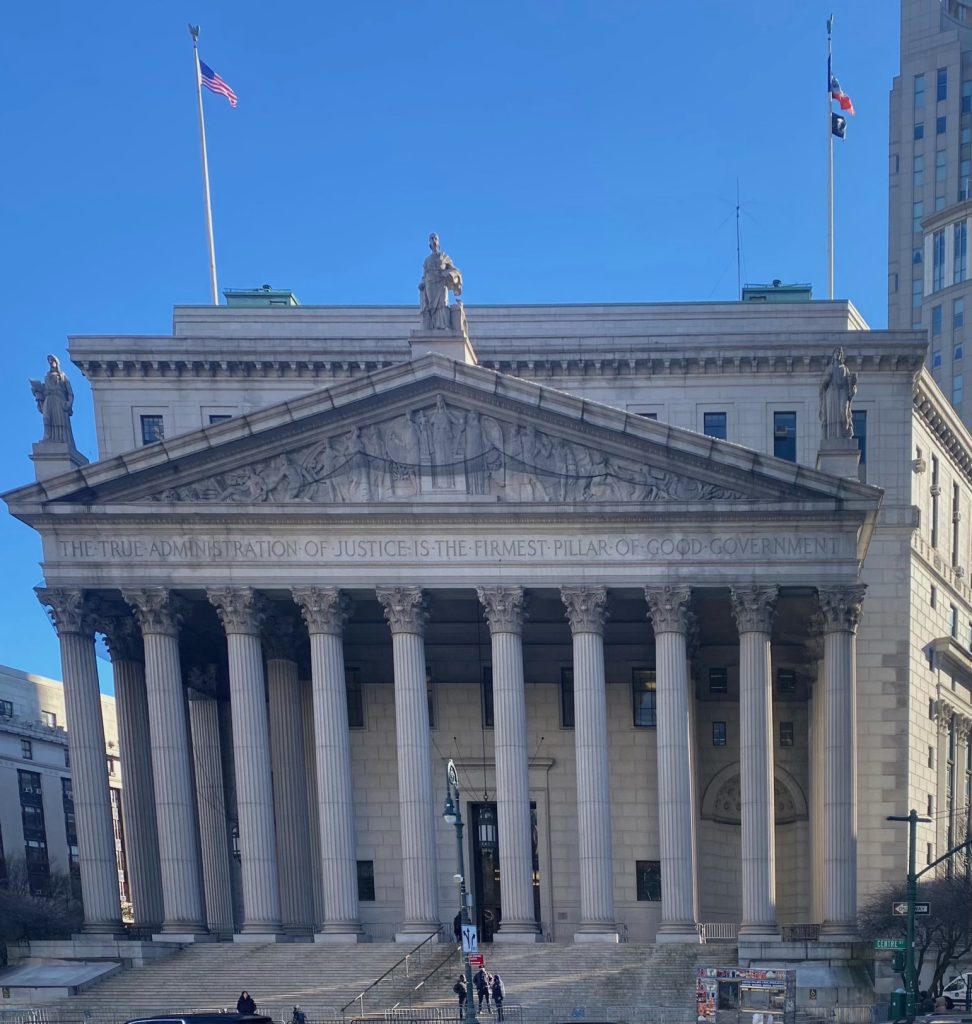
One reason more people aren’t outraged at the costs of many things — from supercars to government entitlement programs — is our inability to grasp the enormity of the numbers that are routinely tossed around. A million dollar supercar and a billion dollar government program may elicit the same response simply because we’re not accustomed to dealing with the true meaning of all of those zeroes.
If, however, you use the old sales trick of “reducing to the ridiculous” you can personalize the costs. That’s the only way to begin to grasp the enormity of the misappropriation and misspending that’s being revealed in the State of New York’s civil fraud case against the National Rifle Association.
Before you start typing a heated response, I’m not using any number supplied by the New York Attorney General’s office here. I’m only referring to the numbers that have already admitted by the NRA’s former “leadership.”
On Friday, for example, Wilson “Woody” Phillips, retired former chief financial officer, admitted, under oath on the witness stand, that he entered into a contract between the NRA and his then-tgirlfriend. That contract isn’t insignificant, although it will pale when compared to some of the other questionable expenditures still to be brought before the jurors in New York City.
The contract totaled $1,360,000 dollars. Reducing that number to the ridiculous, it works out $3,726 dollars per day for a year.
Phillips admitted that as NRA CFO, he entered into a contract for services from HomeTelos in 2014 without revealing that HomeTelos’ CEO was Nancy Richards, his girlfriend at the time. Phillips didn’t reveal the relationship, despite an NRA requirement stipulating potential conflicts of interest be disclosed in writing to the NRA’s audit committee for final approval.
In fact, Phillips didn’t reveal the relationship until 2018, after the three-year contract had ended. That wasn’t because Phillips suddenly decided to share the information, prosecutors assert. They say Philips only revealed the relationship after NRA whistleblowers “got wind” of it.
When Wilson disclosed the relationship, the NRA’s audit committee apparently retroactively approved it. Despite that approval, they said Phillips’ relationship “should have been disclosed and approved in advance.”
This is only a single admitted example of the abuses of authority and violation of members’ trust that will come out in this trial.
Having watched the trial begin, and having read documents, transcripts, and pages of depositions over the past three years, I can say there have been few doubts about the fact that things were decidedly out of kilter at the National Rifle Association and have been for a very long time.
Believing that a fair trial requires some exercise of restraint before the facts of the matter are revealed under oath and in open court, I’ve held back while others have disclosed bits and pieces of the insider information that many of us have been provided. Others have been far less restrained. They weren’t wrong, just ahead of the process.
Today, the facts of the matter are resolving themselves pretty clearly.
Even the most ardent NRA/Wayne LaPierre supporters, should they actually take time to read the things that LaPierre, Phillips and others have already admitted in court (and will continue to reveal as the trial plays out), will realize they owe their friends and fellow NRA members who had the temerity to question LaPierre and others apologies. It has become increasingly obvious to even the most rabid of NRA backers that they’ve been hornswoggled by their former leader.
Phillips’ testimony will continue today.
Meanwhile, a federal judge in Florida has issued a ruling that says a federal law prohibiting people from possessing firearms inside U.S. post offices is unconstitutional. According to Fox News and Reuters reports, U.S. District Judge Kathryn Kimball Mizelle cited the Supreme Court’s Bruen decision as the base for her ruling when she dismissed part of an indictment charging a postal worker with illegally possessing a gun in a federal facility.
According to Judge Mizelle, the Bruen decision established “a new test for assessing firearms restrictions” and regulations mush be “consistent with this nation’s historical traditions.” She wrote a “blanket restriction on firearms possession in post offices is incongruent with the American tradition of firearms regulation.”
Post offices, Judge Mizelle wrote, “have existed since the country’s founding and federal law did not ban guns in government buildings until 1964 and post offices until 1972.”
That, she reasoned, establishes a lack of a historical precedent to justify the ban. Allowing the federal government to restrict visitors from bringing guns into government buildings would allow it to “abridge the right to bear arms by regulating It into practical non-existence.”
She didn’t, however, dismiss a charge for postal worker Emmanuel Ayala’s forcibly resisting arrest when federal agents attempted to take him into custody.
An appeal, as you can imagine, is likely.
We’ll keep you posted.
